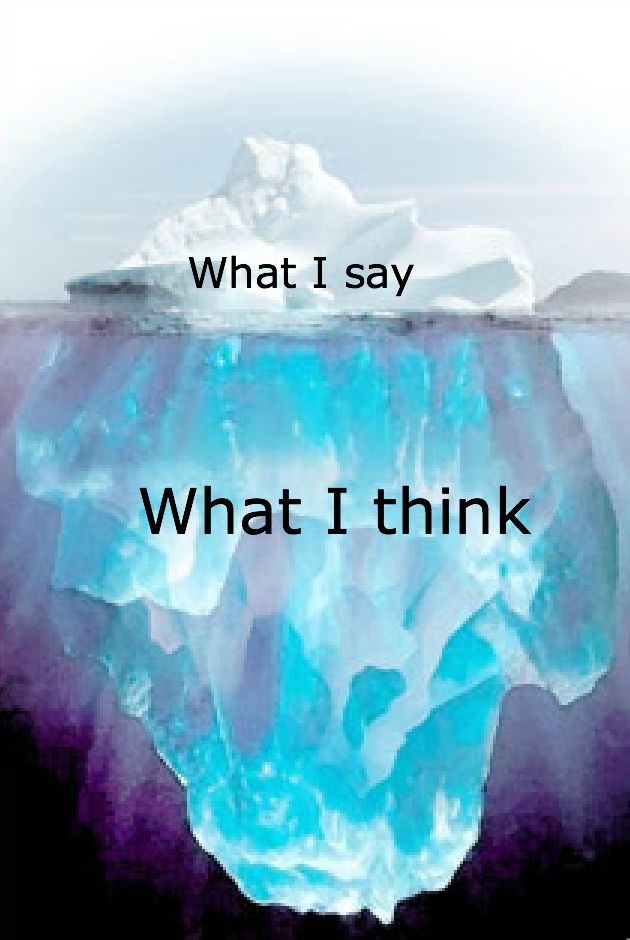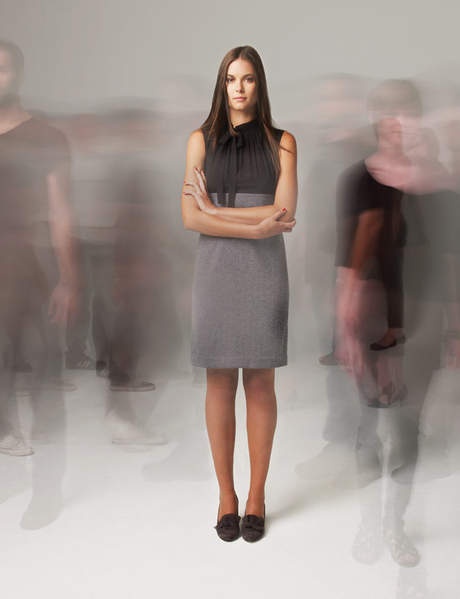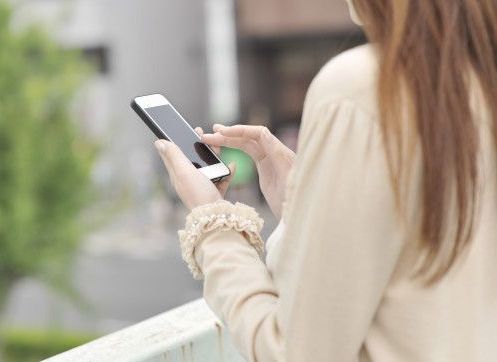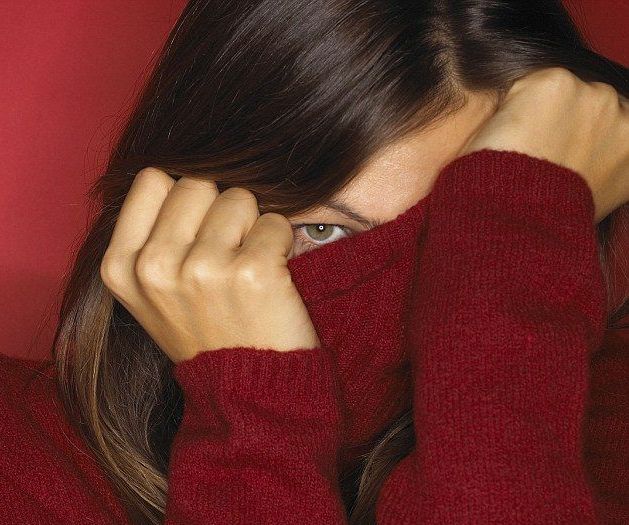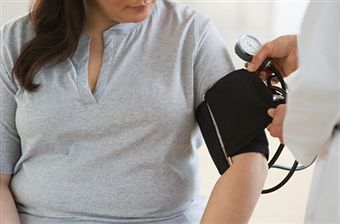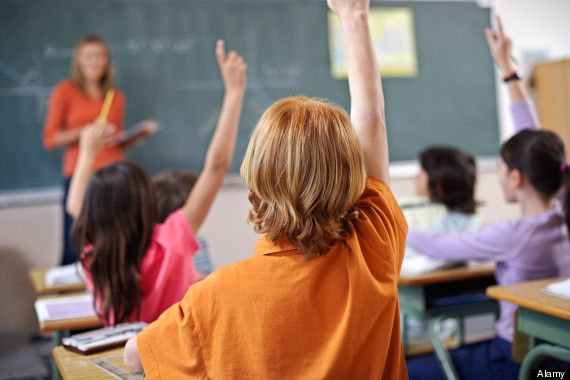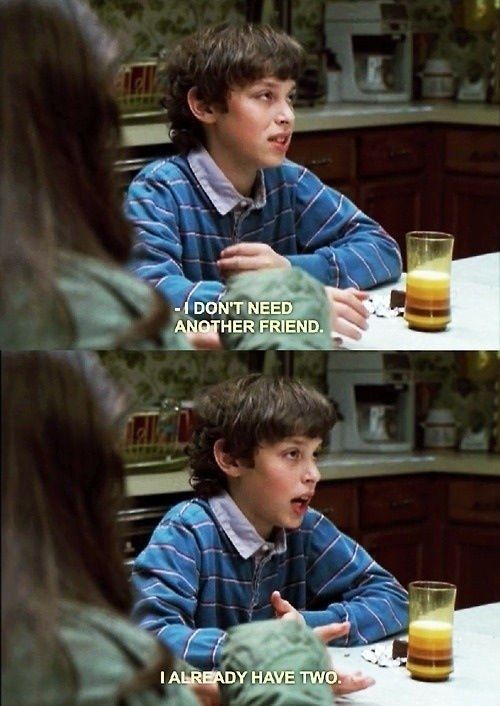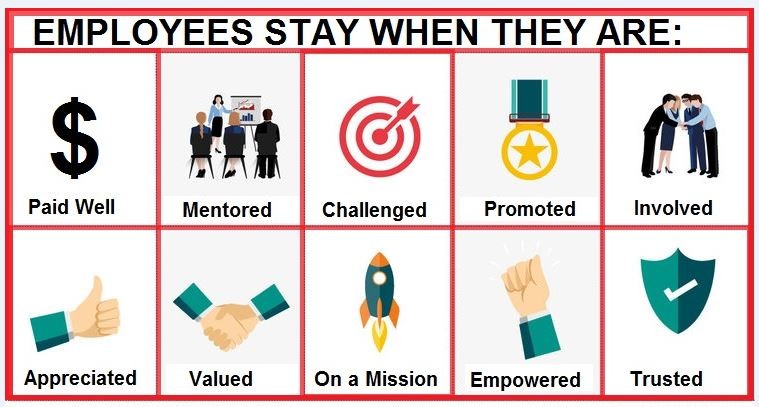What are coronaviruses, what is COVID-19 and how is it related to
SARS?
What is a coronavirus?
Coronaviruses are a large family of viruses which may cause illness in animals or humans. In humans, several coronaviruses are known to
cause respiratory infections ranging from the common cold to more severe
diseases such as Middle East Respiratory Syndrome (MERS) and Severe Acute
Respiratory Syndrome (SARS). The most recently discovered coronavirus causes
coronavirus disease COVID-19.
What is COVID-19?
COVID-19 is an infectious disease caused by the most recently discovered coronavirus. This new
virus and disease were unknown before the outbreak began in Wuhan, China, in
December 2019.
Is COVID-19 the same as
SARS?
No. The virus that
causes COVID-19 and the one that caused the outbreak of Severe Acute
Respiratory Syndrome (SARS) in 2003 are related to each other genetically, but
the diseases they cause are quite different. SARS was more deadly but much less
infectious than COVID-19. There have been no outbreaks of SARS anywhere in the
world since 2003.
 |
| Coronavirus Image |
What are the symptoms of COVID-19?
The most common
symptoms of COVID-19 are:
 fever
fever
 tiredness
tiredness
 dry cough
dry cough
Some patients may have
aches and pains, nasal congestion, runny nose, sore throat or diarrhoea.
These symptoms are
usually mild and begin gradually. Some people become infected but don’t develop
any symptoms and don't feel unwell.
Most people (about 80%)
recover from the disease without needing special treatment. Around 1 out of
every 6 people who get COVID-19 becomes seriously ill and develops difficulty
breathing.
Older people, and those
with underlying medical problems like high blood pressure, heart problems or
diabetes, are more likely to develop serious illness.
People with
fever, cough and difficulty breathing should seek medical attention.
How does COVID-19 spread?
 People can catch COVID-19 from others
who have the virus?
People can catch COVID-19 from others
who have the virus?
 The disease can spread from person to a person through small droplets from the nose or mouth which are spread when a person with COVID-19 coughs or exhales.
The disease can spread from person to a person through small droplets from the nose or mouth which are spread when a person with COVID-19 coughs or exhales.
 These droplets land on objects and
surfaces around the person.
These droplets land on objects and
surfaces around the person.
 Other people then catch COVID-19 by
touching these objects or surfaces, then touching their eyes, nose or mouth.
Other people then catch COVID-19 by
touching these objects or surfaces, then touching their eyes, nose or mouth.
 People can also catch COVID-19 if they
breathe in droplets from a person with COVID-19 who coughs out or exhales
droplets. This is why it is important to stay more than 1 meter (3 feet) away
from a person who is sick.
People can also catch COVID-19 if they
breathe in droplets from a person with COVID-19 who coughs out or exhales
droplets. This is why it is important to stay more than 1 meter (3 feet) away
from a person who is sick.
WHO is assessing ongoing
research on the ways COVID-19 is spread and will continue to share updated
findings.
Can the virus that causes COVID-19 be transmitted through the air?
Studies to date suggest
that the virus that causes COVID-19 is mainly transmitted through contact with
respiratory droplets rather than through the air.
Can COVID-19 be caught from a person who has no symptoms?
The main way the
disease spreads is through respiratory droplets expelled by someone who is
coughing. The risk of catching COVID-19 from someone with no symptoms at all is
very low. However, many people with COVID-19 experience only mild symptoms.
This is particularly true at the early stages of the disease. It is therefore
possible to catch COVID-19 from someone who has, for example, just a mild cough
and does not feel ill.
WHO is assessing
ongoing research on the period of transmission of COVID-19 and will continue to
share updated findings.
Can I catch COVID-19 from feces, animals or pets?
Can I catch COVID-19 from the feces of someone with the disease?
The risk of catching
COVID-19 from the feces of an infected person appears to be low. While initial
investigations suggest the virus may be present in feces in some cases, spread
through this route is not a main feature of the outbreak. WHO is assessing
ongoing research on the ways COVID-19 is spread and will continue to share new
findings. Because this is a risk, however, it is another reason to clean hands
regularly, after using the bathroom and before eating.
Can humans become infected with the COVID-19 from an animal source?
Coronaviruses are a
large family of viruses that are common in animals. Occasionally, people get
infected with these viruses which may then spread to other people. For example,
SARS-CoV was associated with civet cats and MERS-CoV is transmitted by
dromedary camels. Possible animal sources of COVID-19 have not yet been
confirmed.
To protect yourself,
such as when visiting live animal markets, avoid direct contact with animals
and surfaces in contact with animals. Ensure good food safety practices at all
times. Handle raw meat, milk or animal organs with care to avoid contamination
of uncooked foods and avoid consuming raw or undercooked animal products.
Can I catch COVID-19 from my pet?
There is no evidence
that a dog, cat or any pet can transmit COVID-19. COVID-19 is mainly spread
through droplets produced when an infected person coughs, sneezes or speaks. To
protect yourself clean your hands frequently and thoroughly.
Can I catch COVID-19 from infected surfaces or packages from
infected areas?
How long does the virus survive on surfaces?
It is not certain how
long the virus that causes COVID-19 survives on surfaces, but it seems to
behave like other coronaviruses. Studies suggest that coronaviruses (including
preliminary information on the COVID-19 virus) may persist on surfaces for a
few hours or up to several days. This may vary under different conditions (e.g.
type of surface, temperature or humidity of the environment).
If you think a surface
may be infected, clean it with simple disinfectant to kill the virus and
protect yourself and others. Clean your hands with an alcohol-based hand rub or
wash them with soap and water. Avoid touching your eyes, mouth, or nose.
Is it safe to receive a package from any area where COVID-19 has
been reported?
Yes. The likelihood of
an infected person contaminating commercial goods is low and the risk of
catching the virus that causes COVID-19 from a package that has been moved,
travelled, and exposed to different conditions and temperature is also low.
What can I do to protect myself and prevent the spread of disease?
Protection measures for everyone
Stay aware of the
latest information on the COVID-19 outbreak, available on the WHO website and
through your national and local public health authority. Many countries around
the world have seen cases of COVID-19 and several have seen outbreaks.
Authorities in China and some other countries have succeeded in slowing or
stopping their outbreaks. However, the situation is unpredictable so check
regularly for the latest news.
You can reduce your
chances of being infected or spreading COVID-19 by taking some simple
precautions:
Regularly and thoroughly clean your hands with an alcohol-based hand
rub or wash them with soap and water.
Why? Washing your hands
with soap and water or using alcohol-based hand rub kills viruses that may be
on your hands.
Maintain at least 1 metre (3 feet) distance between yourself and
anyone who is coughing or sneezing.
Why? When someone coughs or sneezes they spray
small liquid droplets from their nose or mouth which may contain virus. If you
are too close, you can breathe in the droplets, including the COVID-19 virus if
the person coughing has the disease.
Avoid touching eyes, nose and mouth
Why? Hands touch many surfaces
and can pick up viruses. Once contaminated, hands can transfer the virus to
your eyes, nose or mouth. From there, the virus can enter your body and can
make you sick.
Make sure you, and the people around you, follow good respiratory
hygiene. This means covering your mouth and nose with your bent elbow or tissue
when you cough or sneeze. Then dispose of the used tissue immediately.
Why? Droplets spread
virus. By following good respiratory hygiene you protect the people around you
from viruses such as cold, flu and COVID-19.
Stay home if you feel unwell. If you have a fever, cough and
difficulty breathing, seek medical attention and call in advance. Follow the
directions of your local health authority.
Why? National and local
authorities will have the most up to date information on the situation in your
area. Calling in advance will allow your health care provider to quickly direct
you to the right health facility. This will also protect you and help prevent
spread of viruses and other infections.
Keep up to date on the latest COVID-19 hotspots (cities or local
areas where COVID-19 is spreading widely). If possible, avoid traveling to
places – especially if you are an older
person or have diabetes, heart or lung disease.
Why? You have a higher
chance of catching COVID-19 in one of these areas.
What should I do if I have visited an area where COVID-19 is
spreading?
If you have recently
visited (past 14 days) areas where COVID-19 is spreading follow the guidance
outlined in question 15. (What can I do to protect myself and prevent the
spread of disease?) and do the following:
Self-isolate by staying at home if you begin to feel unwell, even
with mild symptoms such as headache, low grade fever (37.3°C or above) and
slight runny nose, until you recover.
If it is essential for
you to have someone bring you supplies or to go out, e.g. to buy food, then
wear a mask to avoid infecting other people.
Why? Avoiding contact
with others and visits to medical facilities will allow these facilities to
operate more effectively and help protect you and others from possible COVID-19
and other viruses.
If you develop fever,
cough and difficulty breathing, seek medical advice promptly as this may be due
to a respiratory infection or other serious condition. Call in advance and tell
your provider of any recent travel or contact with travelers.
Why? Calling in advance
will allow your health care provider to quickly direct you to the right health
facility. This will also help to prevent possible spread of COVID-19 and other
viruses.
What are the treatment options for COVID-19 (including drugs,
vaccines, therapies)?
Are antibiotics effective in preventing or treating COVID-19?
No.
Antibiotics do not work against viruses, they only work on bacterial
infections. COVID-19 is caused by a virus, so antibiotics do not work.
Antibiotics should not be used as a means of prevention or treatment of
COVID-19. They should only be used as directed by a physician to treat a
bacterial infection.
Are there any medicines or therapies that can prevent or cure
COVID-19?
While some western,
traditional or home remedies may provide comfort and alleviate symptoms of
COVID-19, there is no evidence that current medicine can prevent or cure the
disease. WHO does not recommend self-medication with any medicines, including
antibiotics, as a prevention or cure for COVID-19. However, there are several
ongoing clinical trials that include both western and traditional medicines.
WHO will continue to provide updated information as soon as clinical findings
are available.
Is there a vaccine, drug or treatment for COVID-19?
Not yet. To date, there
is no vaccine and no specific antiviral medicine to prevent or treat
COVID-2019. However, those affected should receive care to relieve symptoms.
People with serious illness should be hospitalized. Most patients recover
thanks to supportive care.
Possible vaccines and
some specific drug treatments are under investigation. They are being tested
through clinical trials. WHO is coordinating efforts to develop vaccines and
medicines to prevent and treat COVID-19.
The most effective ways
to protect yourself and others against COVID-19 are to frequently clean your
hands, cover your cough with the bend of elbow or tissue, and maintain a
distance of at least 1 meter (3 feet) from people who are coughing or sneezing.
Should I wear a mask to protect myself?
Only wear a mask if you
are ill with COVID-19 symptoms (especially coughing) or looking after someone
who may have COVID-19. Disposable face mask can only be used once. If you are
not ill or looking after someone who is ill then you are wasting a mask. There
is a world-wide shortage of masks, so WHO urges people to use masks wisely.
WHO advises rational
use of medical masks to avoid unnecessary wastage of precious resources and
mis-use of masks.
The most effective ways
to protect yourself and others against COVID-19 are to frequently clean your
hands, cover your cough with the bend of elbow or tissue and maintain a
distance of at least 1 meter (3 feet) from people who are coughing or sneezing.
How to put on, use, take off and dispose of a mask?
1. Remember, a mask
should only be used by health workers, care takers, and individuals with
respiratory symptoms, such as fever and cough.
2. Before touching the
mask, clean hands with an alcohol-based hand rub or soap and water
3. Take the mask and
inspect it for tears or holes.
4. Orient which side is
the top side (where the metal strip is).
5. Ensure the proper
side of the mask faces outwards (the coloured side).
6. Place the mask to
your face. Pinch the metal strip or stiff edge of the mask so it moulds to the
shape of your nose.
7. Pull down the mask’s
bottom so it covers your mouth and your chin.
8. After use, take off
the mask; remove the elastic loops from behind the ears while keeping the mask
away from your face and clothes, to avoid touching potentially contaminated
surfaces of the mask.
9. Discard the mask in
a closed bin immediately after use.
10. Perform hand
hygiene after touching or discarding the mask – Use alcohol-based hand rub or,
if visibly soiled, wash your hands with soap and water.
Is there anything I should not do?
The following measures ARE NOT effective against COVID-19 and
can be harmful:
 Smoking
Smoking
 Wearing multiple masks
Wearing multiple masks
 Taking antibiotics
Taking antibiotics
In any case, if you
have fever, cough and difficulty breathing seek medical care early to reduce
the risk of developing a more severe infection and be sure to share your recent
travel history with your health care provider.
How do I cope with stress during COVID-19?
It is normal to feel sad,
stressed, confused, scared or angry during a crisis. Talking to people you
trust can help. Contact your friends and family.
If you must stay at
home, maintain a healthy lifestyle - including proper diet, sleep, exercise and
social contacts with loved ones at home and by email and phone with other
family and friends.
Don’t use smoking,
alcohol or other drugs to deal with your emotions. If you feel overwhelmed,
talk to a health worker or counsellor. Have a plan, where to go to and how to
seek help for physical and mental health needs if required.
Get the facts. Gather
information that will help you accurately determine your risk so that you can
take reasonable precautions. Find a credible source you can trust such as WHO
website or, a local or state public health agency.
Limit worry and
agitation by lessening the time you and your family spend watching or listening
to media coverage that you perceive as upsetting.
Draw on skills you have
used in the past that have helped you to manage previous life’s adversities and
use those skills to help you manage your emotions during the challenging time
of this outbreak.
How do I help children cope with stress during COVID-19?
Children may respond to
stress in different ways such as being more clingy, anxious, withdrawing, angry
or agitated, bedwetting etc. Respond to your child’s reactions in a supportive
way, listen to their concerns and give them extra love and attention.
Children need adults’
love and attention during difficult times. Give them extra time and attention.
Remember to listen to your children, speak kindly and reassure them. If
possible, make opportunities for the child to play and relax.
Try and keep children
close to their parents and family and avoid separating children and their
caregivers to the extent possible. If separation occurs (e.g. hospitalization)
ensure regular contact (e.g. via phone) and re-assurance.
Keep to regular
routines and schedules as much as possible, or help create new ones in a new
environment, including school/learning as well as time for safely playing and
relaxing.
Provide facts about
what has happened, explain what is going on now and give them clear information
about how to reduce their risk of being infected by the disease in words that
they can understand depending on their age. This also includes providing
information about what could happen in a re-assuring way (e.g. a family member
and/or the child may start not feeling well and may have to go to the hospital
for some time so doctors can help them feel better).
Are smokers and tobacco users at higher risk of getting COVID-19?
Smoking can increase
your chances of getting COVID-19 because bringing your hands to your mouth can
transfer the virus into your body. Smoking also impairs lung function, which
may increase your risk of getting a severe case of COVID-19.
Quit today to reduce
these risks and start living a healthier life.
Quick tips to curb your
cravings:
Delay: Delay as long as
you can before giving in to your urge.
Deep breathing: Take 10
deep breaths to relax from within until the urge passes.
Drink water: Drinking
water is a healthy alternative to sticking a cigarette in your mouth.
Do something else to
distract yourself: Take a shower, read, go for a walk, listen to music!
What are some parenting tips during COVID-19?
Home with the kids? Try
taking 20 minutes a day doing something that they choose – play a game or read
with them. Quality time will make them feel safe and loved.
Praise
is powerful. Try praising your child or teenager for
something they have done well. They may
not show their appreciation, but you’ll see them doing that good thing again.
Routine
up!
A structured day helps kids feel secure and makes it easier to manage them. Try
making a timetable, with schoolwork, games, free time, exercise, and handwashing.
Kids
at home driving you crazy? Feeling like you are going to
scream? Give yourself a 1-minute pause. Breathe in and out five times. Then
respond.
Crowded house? Stressed
out? Share your feelings. Take a break. Looking after kids 24-7 during COVID-19
isn’t easy. Remind yourself of what you did well today. Think about the good
moments.
Take care of yourself
so you can take care of your children.
 Introverts tend to go to parties because of what a party represents, the food and drinks and maybe a few dances. They don’t go to parties to meet new people. That part of a party does not excite them. In fact, they would prefer sitting and talking with the people they know than meet new people.
Introverts tend to go to parties because of what a party represents, the food and drinks and maybe a few dances. They don’t go to parties to meet new people. That part of a party does not excite them. In fact, they would prefer sitting and talking with the people they know than meet new people.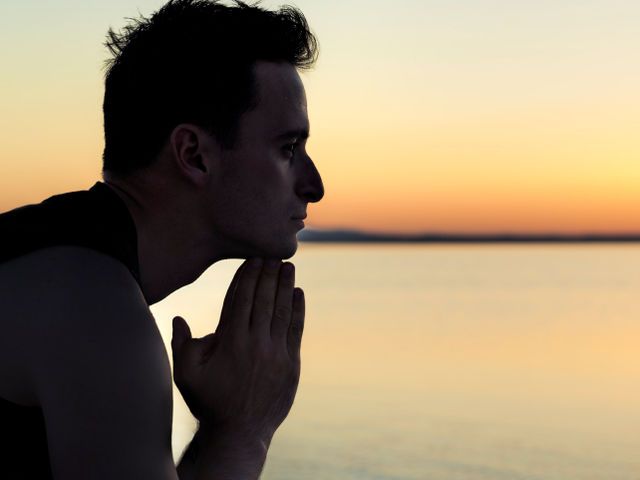 A common trait among introverts is that they tend to become too intense. Whether it is discussing a simple topic or reading up something on the internet, they like to go deep. They enjoy delving into the deeper territories of almost everything. They also have a penchant for philosophical conversations.
A common trait among introverts is that they tend to become too intense. Whether it is discussing a simple topic or reading up something on the internet, they like to go deep. They enjoy delving into the deeper territories of almost everything. They also have a penchant for philosophical conversations.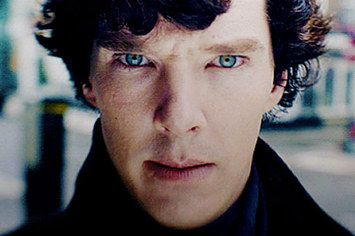 Extroverts tend to get bored and distracted when they don’t have anything to do. Introverts are completely opposite. Give them a list of work to do and they will become distracted at the slightest of distractions. In other words, introverts get easily distracted and overwhelmed in environments with an excess of stimulation.
Extroverts tend to get bored and distracted when they don’t have anything to do. Introverts are completely opposite. Give them a list of work to do and they will become distracted at the slightest of distractions. In other words, introverts get easily distracted and overwhelmed in environments with an excess of stimulation.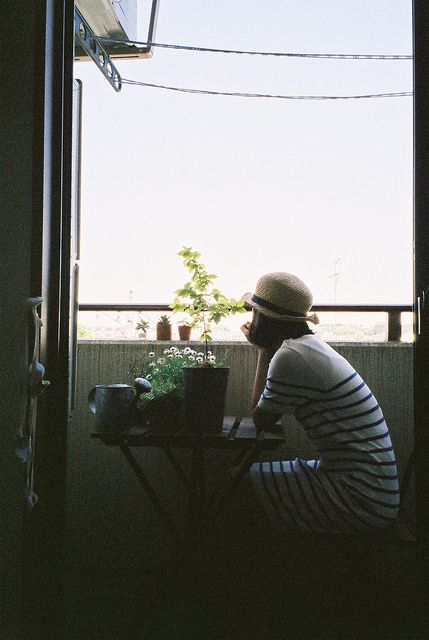 Introverts don’t mind spending a day sitting idly at home doing nothing. Rather they tend to thrive in such conditions. They feel the need to recharge their batteries and what better way to do it than sitting at home being unproductive. This trait is completely opposite of an extrovert who feel the need to do something all the time.
Introverts don’t mind spending a day sitting idly at home doing nothing. Rather they tend to thrive in such conditions. They feel the need to recharge their batteries and what better way to do it than sitting at home being unproductive. This trait is completely opposite of an extrovert who feel the need to do something all the time.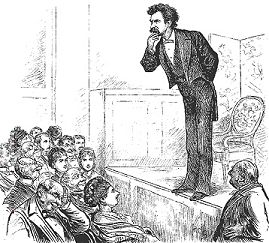 This happens to be an interesting point regarding introverts. They prefer talking in front of a larger crowd of 500 people than having to talk to individuals or a small number of people. Introverts are proven to be great public speakers and leaders. They can talk to a large mass with ease but struggle while talking about the same thing to a single person.
This happens to be an interesting point regarding introverts. They prefer talking in front of a larger crowd of 500 people than having to talk to individuals or a small number of people. Introverts are proven to be great public speakers and leaders. They can talk to a large mass with ease but struggle while talking about the same thing to a single person. Introverts don’t like being surrounded by people. Whether it is in a social gathering or on the bus, they prefer to remain in aside from where they can easily escape. As a result, they tend to sit at the far end on a bus. This way they are not flocked by people on both sides, and they can easily exit the bus.
Introverts don’t like being surrounded by people. Whether it is in a social gathering or on the bus, they prefer to remain in aside from where they can easily escape. As a result, they tend to sit at the far end on a bus. This way they are not flocked by people on both sides, and they can easily exit the bus.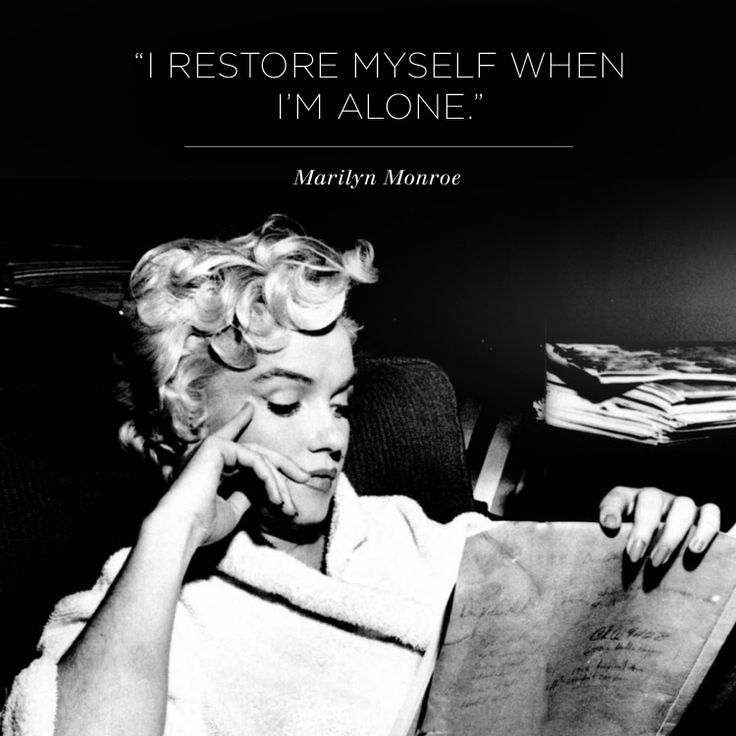 Introverts tend to get tired after spending a couple of hours doing something. They also become unresponsive after working for too long. This is their way of switching to energy-conserving mode. Introverts will find a quiet corner and just zone out for a couple of hours and recharge their batteries.
Introverts tend to get tired after spending a couple of hours doing something. They also become unresponsive after working for too long. This is their way of switching to energy-conserving mode. Introverts will find a quiet corner and just zone out for a couple of hours and recharge their batteries.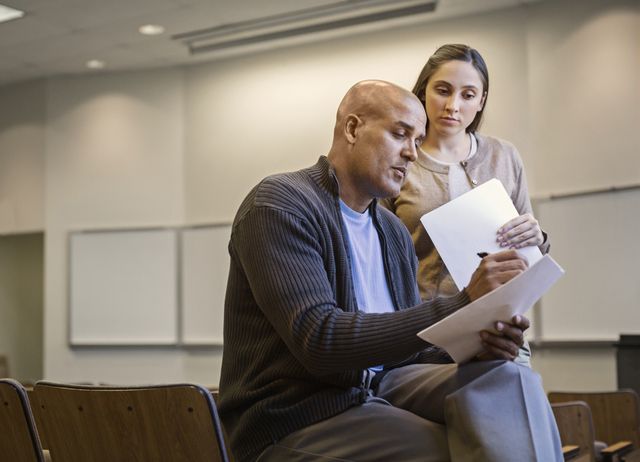 Introverts always want to become specialized in one particular skill. They don’t want to become a jack of all trade. They prefer spending all their time and energy learning and mastering one task.
Introverts always want to become specialized in one particular skill. They don’t want to become a jack of all trade. They prefer spending all their time and energy learning and mastering one task.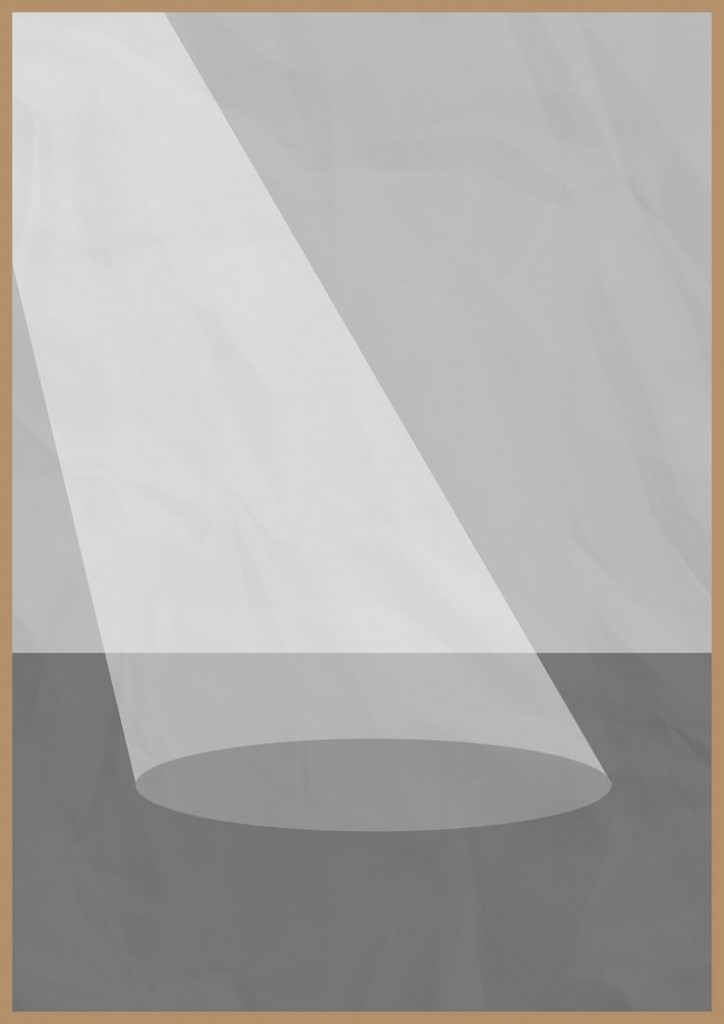 Well, the headline is pretty self-explanatory. Introverts don’t want the spotlight to be on them in the middle of the show as the host asks them questions or asks them to participate.
Well, the headline is pretty self-explanatory. Introverts don’t want the spotlight to be on them in the middle of the show as the host asks them questions or asks them to participate.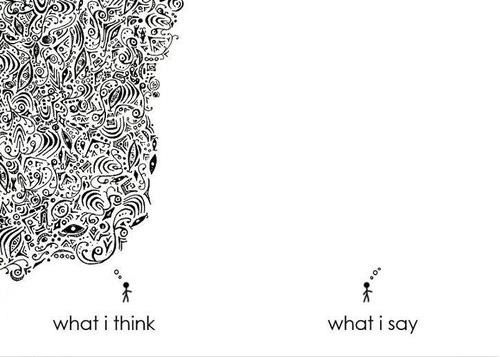 Introverts have a habit of being in constant conversation with themselves. They think through a matter at least 10 times before acting upon it.
Introverts have a habit of being in constant conversation with themselves. They think through a matter at least 10 times before acting upon it. Due to their action of thinking things through before acting on it, introverts have been known to be called wise. They think a lot before speaking and as a result, they appear to be wiser than their fellow colleague or friends.
Due to their action of thinking things through before acting on it, introverts have been known to be called wise. They think a lot before speaking and as a result, they appear to be wiser than their fellow colleague or friends. Introverts differ from extroverts as to the feeling of getting high. They prefer reaping rewards of the environment in a different way instead of partying all the time or using the substance.
Introverts differ from extroverts as to the feeling of getting high. They prefer reaping rewards of the environment in a different way instead of partying all the time or using the substance. A common case regarding the majority of the introverts is that, at some point in their life, they have been asked to come out of their shell, socialize more or even participate in class. They have been lead to believe that something is wrong with them.
A common case regarding the majority of the introverts is that, at some point in their life, they have been asked to come out of their shell, socialize more or even participate in class. They have been lead to believe that something is wrong with them. Most introverts feel comfortable expressing their thoughts and feelings via pen and paper. Rather than communicating with a person, they find solace in a paper and have proven to be quite creative. They work better when left alone, to express their thoughts by writing.
Most introverts feel comfortable expressing their thoughts and feelings via pen and paper. Rather than communicating with a person, they find solace in a paper and have proven to be quite creative. They work better when left alone, to express their thoughts by writing.
